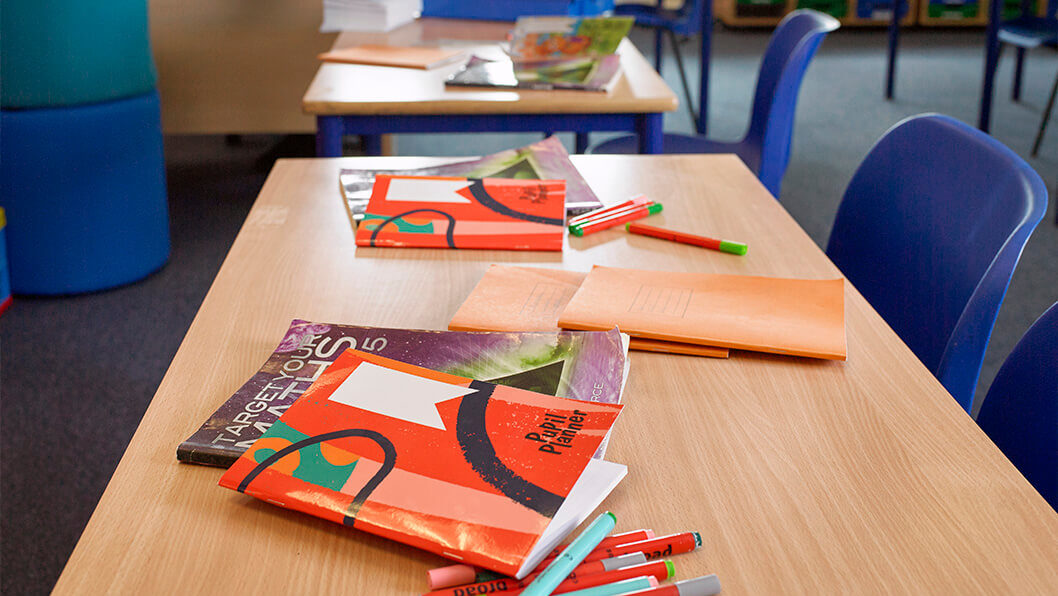
Teaching a child to read is a lengthy process and a big part of their development. Once a child has reached a certain level of ability, it is all too easy to assume they are fine and can be left to their own devices. Continuing emphasis on reading is vital throughout KS2 in order to avoid this.
If the child doesn’t read independently after this stage, their ability to read at their age level may suffer. A TES study from 2018 showed that by the time of their GCSEs, many pupils were at least three years behind their expected reading level, and this gap increases for every year that they are in secondary school. Reading ability affects writing ability, so this is likely to badly affect potential exam results.
Reading Records For Teaching Reading
One widely accepted way to help improve children’s reading at primary school age is by using reading records. These are reading diaries used by many primary schools.
Firstly, they enable verification between parent/guardian and teacher about the child’s assigned reading books. Getting parents to sign the reading record shows whether or not the child has parental support for reading at home so that the teacher knows who they need to focus on during the limited class time.
Secondly, there is space for parents, teachers or children to write comments about the books. This is a very useful element, as a teacher can find out if they are elements of the assigned book that the child finds off-putting, like complicated words or an uninteresting topic.
Communicating with Parents
The comment section is useful for teachers to communicate with the parents as well, in order to direct them towards the area of reading that the teacher wants to work on, e.g. improving reading intonation, plot comprehension or discussing when paragraphs are used. This is particularly important if it means the same book will be assigned multiple times, as otherwise, the parent might assume there is no point in “repeating” the reading.
Teachers and parents can also use the reading record to identify any mismatches between reading at school and at home: for example, the child refuses to read out loud in class but will do so at home.
Children of all abilities can benefit from using reading records in KS2. Children who struggle with reading will not fall through the cracks as easily if their reading is regularly paid attention to. Advanced readers will benefit from being asked to write comments about the books they have read, and from continued practice reading out loud.
If you would like to order some reading record books for schools, we can help. We offer high-quality reading records for primary schools, with enough space for 322 reading sessions and a special page to encourage parents to really get involved with the process. If your school is a Welsh-speaking school, we can offer you bespoke reading records to continue the language immersion. There are pre-made reading records available to buy on our website, or if you would like your reading records to reflect the branding and ethos of your school, please get in touch.
Whether you call them student planners, homework diaries, or learning journals, we guarantee the best quality and service based on your requirements.
Olaf Surtees has been with Penstripe for ten years; what he doesn’t know about teacher planners, student planners, and lesson planners isn’t worth knowing! He’s in charge of creating our blog content, helping teachers and administrators with helpful hints and tips, as well as our socials — see the links below to find out more.

